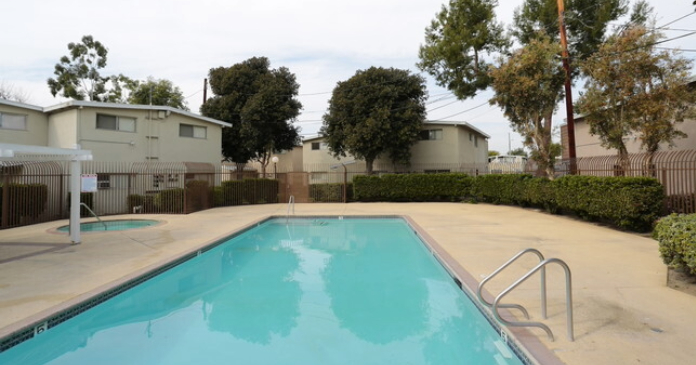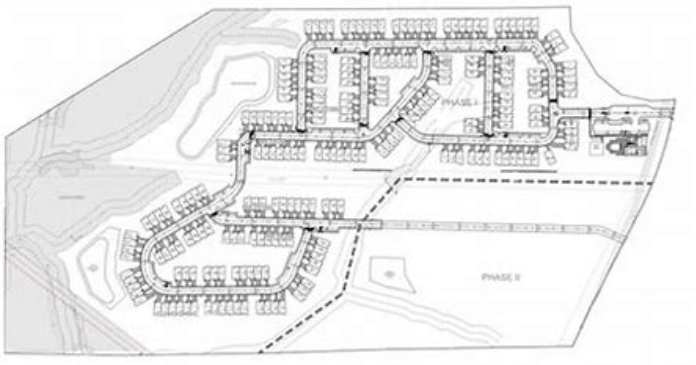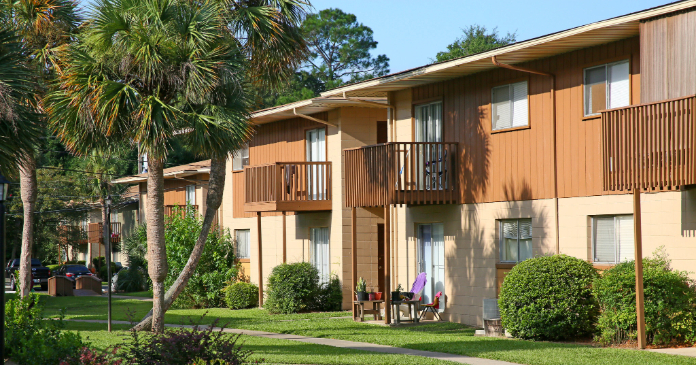The coronavirus pandemic has hit a lot of homeowners hard. Over the past 10 months, millions of Americans have struggled with income loss and depleted their savings accounts in an effort to stay afloat. Thankfully, there’s been relief available for homeowners in the form of mortgage forbearance.
Forbearance allows borrowers to hit pause on their monthly mortgage payments without incurring late fees or penalties, and without being reported as delinquent to the major credit bureaus. Now, multifamily property owners are being given more forbearance leeway. Specifically, the Federal Housing Finance Agency (FHFA) has extended multifamily property forbearance through March 31, 2021.
A lifeline for landlords and residents
During this time, owners of multifamily properties won’t have to make their usual mortgage payments to their mortgage lenders. But while this extension benefits landlords, it also works to residents’ advantage.
Many multifamily property owners earn a living by collecting rent from their residents. The problem, however, is that many residents have been unable to pay rent because their income took a hit during the pandemic.
Mom-and-pop landlords across the country have, in turn, needed forbearance to avoid becoming delinquent on their housing debt.
Now, borrowers with mortgages for multifamily properties can either enter into a new forbearance agreement or, if eligible, modify an existing one through March 31. Previously, that deadline was set to Dec. 31, 2020.
Furthermore, property owners who enter into a new or modified forbearance agreement must inform their residents in writing about the extended protections they’re entitled to.
They also need to agree not to evict residents while their mortgages are in forbearance on the basis of not paying rent alone.
A landlord can still attempt to evict a resident who violates a lease agreement by, say, smoking indoors when that’s not allowed or having a pet when that goes against the rules.
But a landlord with a loan in forbearance can’t evict a resident if the only offense is not paying rent.
Meanwhile, residents are entitled to extra protection while their landlords’ mortgages are in forbearance. That includes giving residents at least 30 days notice to vacate in situations where evictions are allowed.
Landlords can’t charge late fees for past due or late rent. They also have to allow residents to repay past due rent over time, as opposed to a lump sum. Incidentally, that latter protection applies to mortgages in forbearance, too. Lenders can’t compel borrowers to catch up on skipped payments during forbearance in a single lump sum once their arrangements come to an end.
Some landlords are hurting
The Urban Land Institute estimates that as of late December, roughly 12 percent of landlords had mortgages in forbearance.
Extending that relief is a positive thing.
Excerpt Maurie Backman, Motley Fool
















